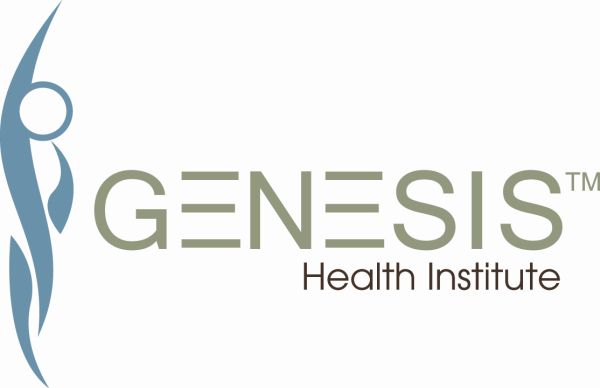Uterine Fibroids Treatment in Lauderhill, FL
 Uterine fibroids is the medical term for tumorous growths that occur in a woman's uterus. These tumors, while not typically cancerous or fatal, can cause a number of uncomfortable and painful side effects. Fibroids are also referred to as leiomyoma or simply myoma.
Uterine fibroids is the medical term for tumorous growths that occur in a woman's uterus. These tumors, while not typically cancerous or fatal, can cause a number of uncomfortable and painful side effects. Fibroids are also referred to as leiomyoma or simply myoma.
If you think you may have a uterine fibroid, get help immediately. Call (954) 248-3611 or contact Genesis Health Institute online to request more information.
Uterine Fibroid Symptoms
Uterine fibroids vary greatly in size. When very small, it is possible that a fibroid may cause no discomfort or symptoms whatsoever. It is when these tumors are especially large or in an uncompromising area of the body do symptyomes present.
In general, uterine fibroid tumors may cause:
- Pelvic pain
- Frequent urination
- Urinary incontinence
- Constipation
- Back pain
- Leg pain
- Prolonged menstruation
- Heavy menstrual bleeding
Types of Uterine Fibroids
Uterine fibroids are muscular growths that are attached to the wall of the uterus. Depending on the area of the uterus where they grow, most fibroids can be put in to one of three categories:
- Subserosal fibroids: This type of fibroid grows on the outside of the uterus. Subserosal fibroids are most commonly associated with urinary problems, as larger fibroids sometimes press against the bladder.
- Intramural fibroids: The fibroids that are intramural grow within the walls of the uterus. Intramural fibroids often cause pain and pressure, and can even alter the shape of the uterus.
- Submucosal fibroids: Submucosal fibroids grow within the uterus. The most common symptom of this type of fibroid is heavy menstrual bleeding and difficulty becoming pregnant.
Uterine Fibroid Causes
There is no one specific cause of uterine fibroids. In fact, their underlying medical cause is often unknown. There are, however, some risk factors that may contribute to frequent fibroid growth.
- Genetics: Uterine fibroids may be caused by genetic issues, meaning that they are sometimes hereditary.
- Poor diet: There is some evidence that a diet high in red meat or other unhealthy foods may contribute to fibroids.
- Hormones: Excess hormone production, particularly of estrogen and progesterone may lead to recurring fibroids.
These causes are not definitive, however. It's still entirely possible to contract uterine fibroids without any of these risk factors. Uterine fibroids aren't thought of as “preventable”, so many treatment options have been developed.
Uterine Fibroid Treatment
It's possible to contact uterine fibroids without symptoms. In fact, some fibroids may have no effect on health whatsoever. However, when fibroids become enlarged, painful or prompt heavy bleeding, they can be addressed with fibroid treatment.
Types of uterine fibroid treatment include:
- Medication
- Intrauterine devices
- Ultrasound
- Uterine embolization
- Laparoscopic myomectomy
- Robotic myomectomy
- Hysteroscopic myomectomy
- Endometrial ablation
- Hysterectomy
There is no one best treatment for uterine fibroids. The correct method will vary depending on the size, shape, frequency and variety of the fibroids in question.
Request More Information Today
Fibroids can be painful and confusing to deal with. Request more information about uterine fibroid treatment today: call (954) 248-3611 or contact Genesis Health Institute online.
Genesis Health Institute
Address
1001 NE 26th StWilton Manors, FL 33305
(954) 248-3611
www.ghinstitute.com
Hours
Tue:
8:00 am - 5:00 pm
Wed:
8:00 am - 5:00 pm
Thu:
8:00 am - 5:00 pm
Fri:
8:00 am - 5:00 pm
Sat:
8:00 am - 5:00 pm

